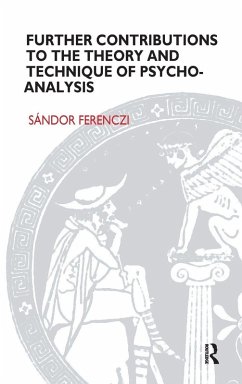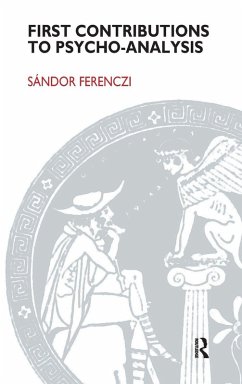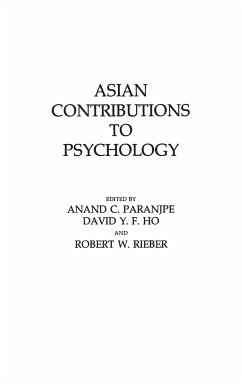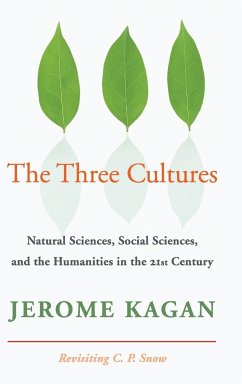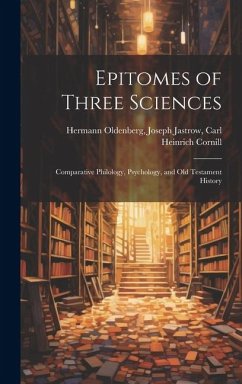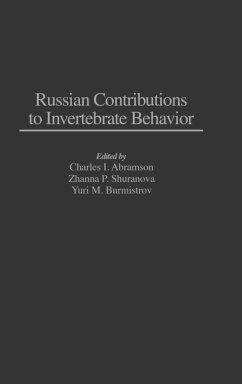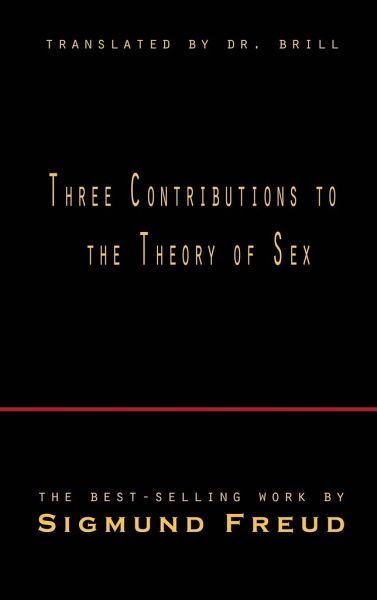
Sigmund Freud
Gebundenes Buch
Three Contributions to the Theory of Sex
Versandkostenfrei!
Versandfertig in 1-2 Wochen

PAYBACK Punkte
10 °P sammeln!




Three Contributions to the Theory of Sex
Sigmund Freud, an Austrian neurologist who lived from 6 May 1856 to 23 September 1939, founded psychoanalysis, a therapeutic approach that involves a patient and a psychoanalyst in a conversation to assess and treat psychiatric diseases. At Vienna General Hospital, Lucian Freud started his medical training in 1882 and began researching the effects of medications on the human body. His study of brain anatomy resulted in the publishing of a significant paper on cocaine's painkilling properties in 1884. His first work, On Aphasia: A Critical Study, was based on research on aphasia and was released in 1891. Freud left his hospital position in 1886 and started a private clinic where he focused on "nervous disorders." In that same year, he wed Martha Bernays, a descendant of Hamburg's head rabbi Isaac Bernays. In his mouth, Freud had a leukoplakia in 1923, a benign growth connected to excessive smoking. He was encouraged to stop smoking by dermatologist Maximilian Steiner, who lied about the significance of the development. By the middle of September 1939, Freud was suffering from jaw cancer, which was making his agony worse. Max Schur persuaded Anna Freud that keeping him alive was futile. On the morning of September 23, 1939, at about three in the morning, he gave Freud dosages of morphine that caused his death.
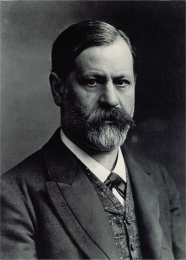
Wikipedia, urheberrechtliche Schutzfrist abgelaufen
Produktdetails
- Verlag: Lits
- Seitenzahl: 102
- Erscheinungstermin: 28. September 2010
- Englisch
- Abmessung: 235mm x 157mm x 10mm
- Gewicht: 311g
- ISBN-13: 9781609422905
- ISBN-10: 1609422902
- Artikelnr.: 47635814
Herstellerkennzeichnung
Libri GmbH
Europaallee 1
36244 Bad Hersfeld
gpsr@libri.de
Für dieses Produkt wurde noch keine Bewertung abgegeben. Wir würden uns sehr freuen, wenn du die erste Bewertung schreibst!
Eine Bewertung schreiben
Eine Bewertung schreiben
Andere Kunden interessierten sich für


